Filter News
Area of Research
- (-) Fuel Cycle Science and Technology (1)
- (-) Neutron Science (4)
- Biology and Environment (21)
- Biology and Soft Matter (1)
- Clean Energy (38)
- Electricity and Smart Grid (1)
- Functional Materials for Energy (1)
- Fusion and Fission (2)
- Isotopes (1)
- Materials (10)
- Materials for Computing (2)
- National Security (36)
- Nuclear Science and Technology (1)
- Supercomputing (12)
- Transportation Systems (1)
News Topics
- (-) Decarbonization (2)
- (-) National Security (3)
- 3-D Printing/Advanced Manufacturing (6)
- Advanced Reactors (1)
- Artificial Intelligence (6)
- Big Data (2)
- Bioenergy (6)
- Biology (5)
- Biomedical (11)
- Biotechnology (1)
- Chemical Sciences (2)
- Clean Water (2)
- Climate Change (1)
- Composites (1)
- Computer Science (13)
- Coronavirus (8)
- Cybersecurity (1)
- Energy Storage (6)
- Environment (8)
- Fossil Energy (1)
- Frontier (1)
- Fusion (1)
- High-Performance Computing (2)
- Machine Learning (3)
- Materials (14)
- Materials Science (23)
- Mathematics (1)
- Microscopy (3)
- Nanotechnology (10)
- Neutron Science (99)
- Nuclear Energy (4)
- Physics (9)
- Polymers (1)
- Quantum Computing (1)
- Quantum Science (7)
- Security (2)
- Space Exploration (3)
- Summit (6)
- Sustainable Energy (2)
- Transportation (5)
Media Contacts
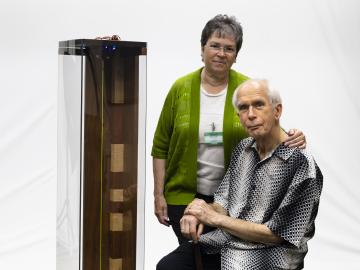
For years, Duane Starr led workshops at ORNL to help others from across the U.S. government understand uranium processing technologies. After his retirement, Starr donated a 5-foot-tall working model, built in his garage, that demonstrates vibration harmonics, consistent with operation of a super critical gas centrifuge rotor, a valuable resource to ongoing ORNL-led workshops.
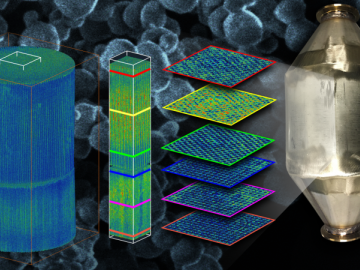
Natural gas furnaces not only heat your home, they also produce a lot of pollution. Even modern high-efficiency condensing furnaces produce significant amounts of corrosive acidic condensation and unhealthy levels of nitrogen oxides
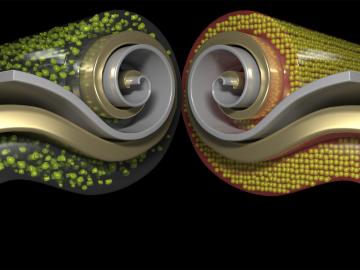
Researchers at ORNL have developed a new method for producing a key component of lithium-ion batteries. The result is a more affordable battery from a faster, less wasteful process that uses less toxic material.
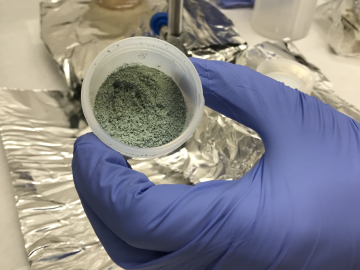
ORNL researchers used the nation’s fastest supercomputer to map the molecular vibrations of an important but little-studied uranium compound produced during the nuclear fuel cycle for results that could lead to a cleaner, safer world.
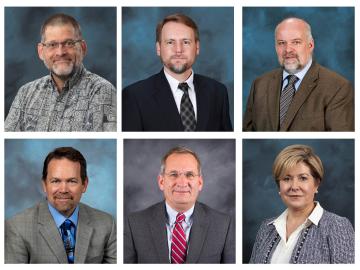
Six ORNL scientists have been elected as fellows to the American Association for the Advancement of Science, or AAAS.




